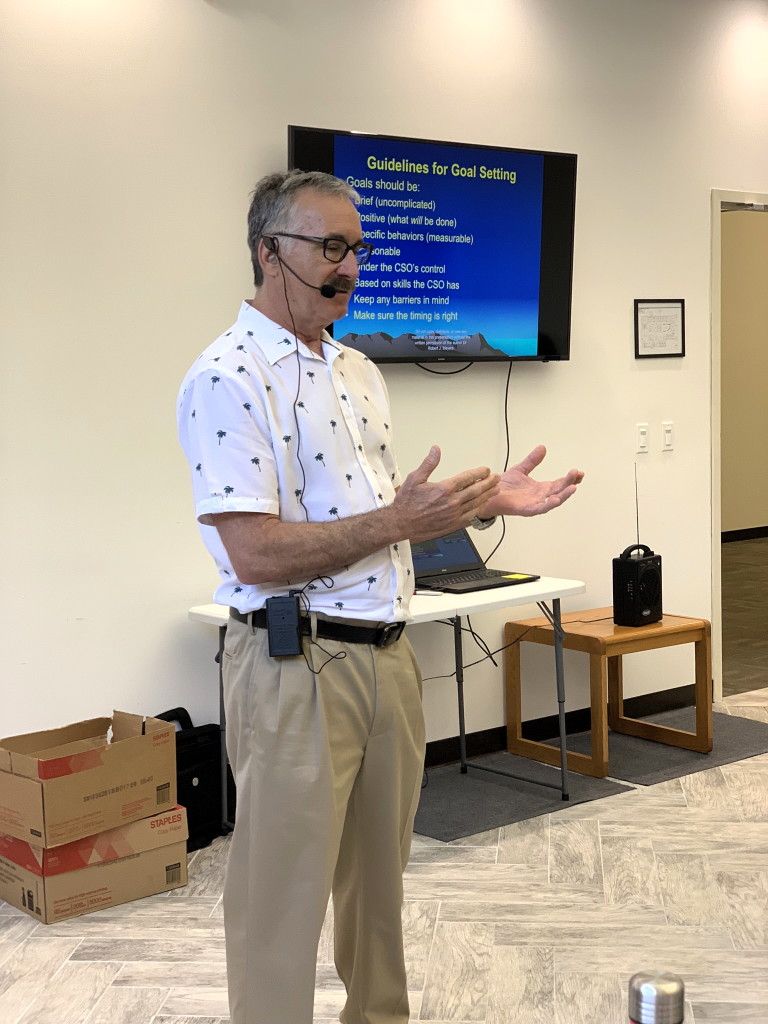
By Nicole Orro, L.P.C., L.C.A.D.C.
People who are struggling with substance abuse and addiction are especially vulnerable to the effects of COVID-19, both mentally and physically.
Moreover, the virus may lead many more people to develop substance abuse problems as they turn to alcohol and drugs to cope with the crisis. Look no further than the liquor stores that have reported exponential increases in sales since the virus hit as a harbinger of what may come.
If you or a loved one are struggling with substance abuse or addiction or having trouble managing emotions because of the coronavirus, support is available.
By staying mentally healthy, you can also help yourself stay physically healthy.
Substance Use Can Increase Risk
There are still a lot of unknowns about COVID-19, but it is clear that the virus most often attacks the respiratory system and causes difficulty breathing.
People who use substances that are known to compromise lung function, such as opioids and methamphetamine, are at greater risk for more severe complications, according to the National Institute on Drug Abuse.
And though alcohol may seem less dangerous than other substances, it too can increase risk.
As the World Health Organization notes, alcohol use, especially heavy use, weakens the immune system and reduces the ability to cope with infectious diseases like the coronavirus. Heavy use of alcohol also increases the risk of acute respiratory distress syndrome, one of the most severe complications of COVID-19.
Isolation, Anxiety and Fear
Feelings of isolation and loneliness are a significant risk factor for substance abuse. But when the best way to protect against the virus is to at stay home, it can be especially hard to avoid these feelings.
According to the Substance Abuse and Mental Health Services Administration (SAMHSA), during this difficult time, people may feel anxiety, worry and fear related to:
• Their own health status or the health status of others
• Time taken off from work and the potential loss of income and job security
• Challenges of securing things like groceries and personal care items
They may also experience feelings of:
• Boredom
• Anger
• Uncertainty
• Depression, including feelings of hopelessness, changes in appetite, and changes in sleep habits
Without healthy coping mechanisms, these feelings and the unpredictability of the virus can be triggers for substance abuse and can make staying clean and sober even more difficult.
If you or a loved one experience any of these reactions for two to four weeks or more, contact your healthcare provider for help.
Healthy Coping Mechanisms
According to SAMHSA, reaching out to people you trust – whether over the phone, or by text, email, or video chat – is one of the best ways to reduce anxiety, depression, loneliness and boredom and to avoid substance abuse.
The National Association on Mental Illness (NAMI) also offers these coping tips:
• Be selective about how you consume news. It’s generally a good idea to stay engaged and informed, but having some limits on your news consumption can help.
• Follow healthy daily routines as much as possible. Even simple actions like making your bed every day and getting dressed can make a difference. Eating a nutritious diet and getting enough sleep are also critical.
• Take care of yourself through exercise and movement. You might not be able to go to the gym right now, but there are many other ways to stay physically active. Consider taking an online fitness class or having a weekly dance party. Research suggests that exercise releases chemicals that help to better manage stress and anxiety, so just get moving.
• Practice mindfulness. Focus your attention on the present moment, and accept it without judgment. Meditation and breathing exercises can also help.
• Find meaningful things to do with your free time. Read a book, create an art project, play games or cook something new.
Additionally, for people currently struggling with substance abuse or in recovery, support groups like Alcoholics Anonymous and Narcotics Anonymous are holding online meetings regularly.
In New Jersey, ReachNJ is a 24-hour-a-day, 7 day-a-week addiction hotline where people who have Substance Use Disorder or friends and family can get assistance and support from live, New Jersey-based, trained addiction counselors.
An individual who calls the program’s toll-free number, 1-844-ReachNJ, will speak live to a staff member who will help connect you to treatment. ReachNJ assists callers regardless of their insurance status.
As the effects of COVID-19 are felt throughout Central Jersey, Penn Medicine Princeton Health remains committed to providing high-quality, comprehensive care to the community 24/7.
Penn Medicine Princeton House Behavioral Health has transitioned its Intensive Outpatient Program from an in-person format to a telehealth format until further notice. Transitioning to this form of treatment enables clients to receive care in a way that minimizes the risk of spreading coronavirus or other illnesses through direct contact, while still providing personalized care for children (ages 6 and up), adolescents, and adults. Princeton House Behavioral Health’s inpatient hospital program remains open and is following strict infection control measures and screening to protect patients and staff.
To learn more, visit www.princetonhouse.org or call 800-437-1610.
Nicole Orro, L.P.C., L.C.A.D.C. is a licensed professional counselor and a licensed clinical alcohol and drug counselor. She is the Director of Outpatient Addiction Services at Penn Medicine Princeton House Behavioral Health.



